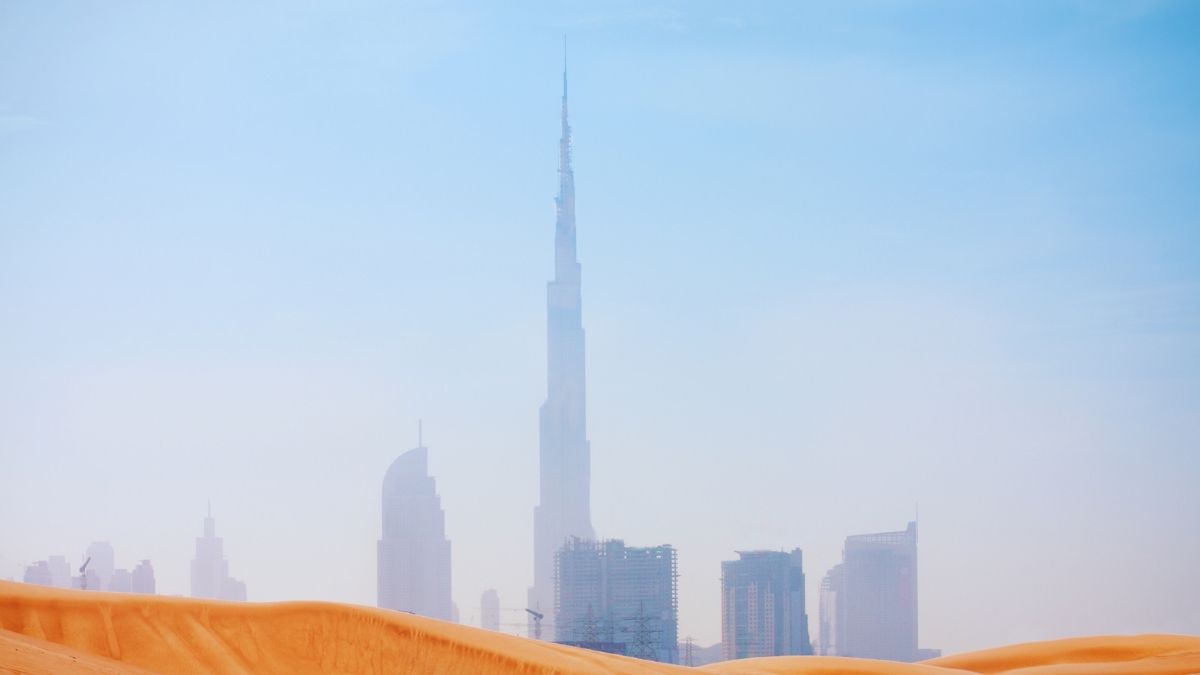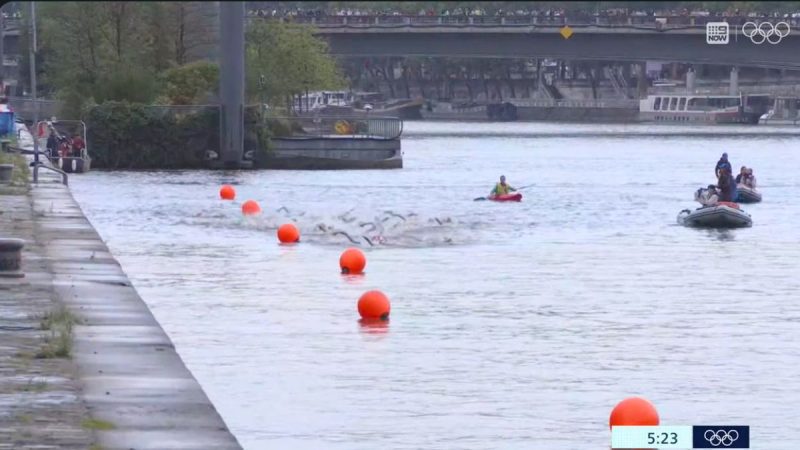The Seine’s water quality and contamination pose a significant challenge for the 2024 Paris Olympic athletes. Despite significant efforts and investment, concerns remain. Recently, the swimming leg of the men’s triathlon was postponed due to poor water quality.
Seine’s Contamination Raises Concerns For Paris Olympic Athletes
The triathlon competition at the #Olympics was postponed due to E. coli in #SeineRiver (😅).
The competition was scheduled for July 30-31, with a reserve day of August 2.#Paris2024 #30luglio #Olympic2024 #OlympicGames #ParisOlympics2024 #Paris2024Olympic pic.twitter.com/0VL6Rowg3a— Il Cimmero (@CimmeroIl) July 30, 2024
This issue stems from Paris’s outdated sewage system, which combines rainwater and wastewater. During heavy rainfall, the system overflows, releasing untreated sewage into the river. This situation raises serious health concerns, particularly due to the presence of harmful bacteria such as E. coli.
To address this issue, Paris has spent 1.4 billion euros (£1.2 billion) on improving the Seine’s condition. The city’s efforts were a key part of its successful bid to host the 2024 Games, with a promise to make the river swimmable for the first time since 1923. The city has constructed a massive underground rainwater storage tank in southeastern Paris. This tank can hold enough water to fill 20 Olympic-sized swimming pools and is designed to prevent the sewage system from being overwhelmed during heavy rains. Additionally, Paris has renovated its sewage system and upgraded water treatment plants.
Water Quality Tests & Alternative Venues
The men’s triathlon event at the #ParisOlympics2024, initially planned for Tuesday, has been postponed to the next day due to high pollution levels in the #SeineRiver.
Shouldn’t organisers have expected such situations? pic.twitter.com/2NlKowrgw5
— SHRABANI PANDA (@SHRABANIPANDA) July 30, 2024
Despite these efforts, the problem persists. Heavy rains continue to overwhelm the sewage system, leading to the contamination of the Seine. This situation has forced the organisers to consider alternative arrangements. The triathlon swimming events, initially scheduled for July 30 and 31, and August 5, have been impacted. Similarly, the marathon swimming events, planned for August 8 and 9, are at risk. Water quality tests must be conducted 48 hours before each race. If the tests show unsafe conditions, reserve days have been set aside to allow for improvement.
As a contingency, the Vaires-sur-Marne Nautical Stadium near Paris has been prepared as an alternative venue for the marathon swimming events. This decision underscores the ongoing uncertainty about the Seine’s water quality. The organisers face a dilemma: they must balance the athletes’ safety with the desire to host a memorable event in an iconic location.
In conclusion, the Seine’s water quality remains a significant concern for the Paris Olympics. Despite extensive efforts and investments, the river’s condition is still affected by heavy rains and an old sewage system. The presence of harmful bacteria like E.coli poses health risks, forcing organisers to consider alternatives and contingency plans.
Cover Image Courtesy: @anth0888/X (Formerly, Twitter)
For more such snackable content, interesting discoveries and the latest updates on food, travel and experiences in your city, download the Curly Tales App. Download HERE. First Published: July 31, 2024 12:53 PM




